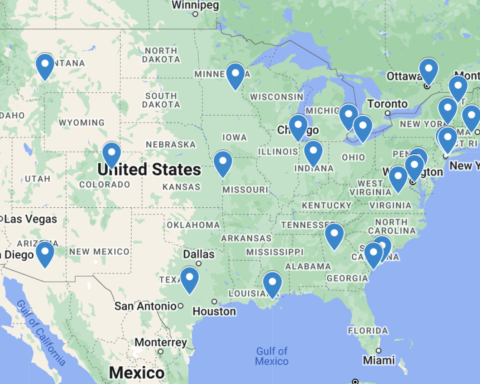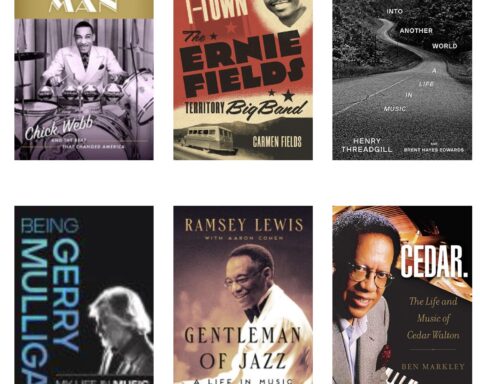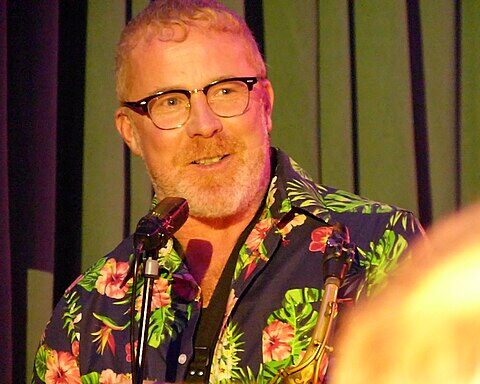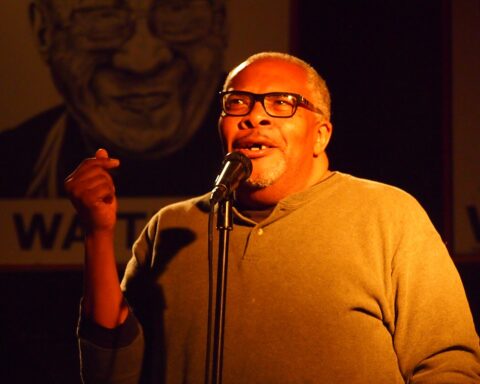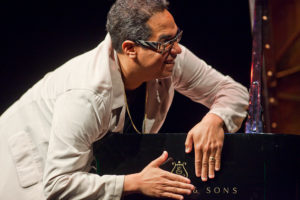 Panama is not known for its jazz scene, and currently there isn’t really a conversation about jazz in the small Central American nation. But Danilo Pérez, through his stewardship of the Panama Jazz Festival and the Danilo Pérez Foundation, is beginning to impact and slowly change this reality by attracting world-class talent and institutionalizing community-oriented music projects.
Panama is not known for its jazz scene, and currently there isn’t really a conversation about jazz in the small Central American nation. But Danilo Pérez, through his stewardship of the Panama Jazz Festival and the Danilo Pérez Foundation, is beginning to impact and slowly change this reality by attracting world-class talent and institutionalizing community-oriented music projects.
As a journalist attending the 2011 Panama Jazz Festival (January 10-15), I saw firsthand how Pérez is forging a new jazz consciousness in his homeland and sparking dialogue among writers and reporters from different backgrounds.
In Panama there are only three jazz clubs, and club owners tend to be more interested in ambient music than in proper shows. Melvin Lam Zanetti, flutist with Vitin Paz’s big band, explains that the only people interested in jazz in Panama are musicians or foreigners. To cope with this situation, Zanetti has incorporated Latin jazz into his show (which usually starts with straight jazz), and, like Bobby McFerrin, he makes his concerts interactive by asking the audience to repeat musical passages he plays on the flute. For the last song he always plans a danceable number. It’s a way to make the music more accessible. “It is very easy,” Zanetti admits, “but it works.”
As he explains, “For most people in Panama, ‘jazz’ is [just] a word. When I tell people I play jazz, they say, ‘Ah it’s cool, it’s relaxed,’ so when you tell people you play jazz, they think it is smooth jazz. For me smooth jazz is not jazz. It’s pretty but it’s not jazz. The only way to have people interested in your music is to have it played on the radio, but it’s quasi-impossible. In Panama everything is money. In order to become a jazz musician here, you have to be very creative. You have to create opportunities for yourself, find places to play. A lot of people in Panama think, ‘If we don’t understand the music, why should we care?’”
There are two jazz festivals in Panama: Pérez’s Panama Jazz Festival as well as the Boquete Jazz Festival (February 24-27, 2011). Danilo’s event brings about 100 musicians to perform. This year, the eighth annual Panama Jazz Festival brought Boston Jazz in Panama, students from New England Conservatory, Berklee Global Jazz Institute and the Conservatoire National de Paris, as well as musicians such as John and Tom Patitucci, the Harlem String Quartet and Claudia Acuña. During this event, a lot of musicians from Latin America also travel to Panama City to audition for the Puerto Rican Conservatory, Berklee or NEC.
Pérez always strives to incorporate many different types of music, from folkloric to classical. The focus is also heavily on education, with workshops, clinics and master classes each of the six days.
On Thursday during this year’s event, the festival organized an open and informal Q&A session between Panamanian journalists (from La Estrella, the country’s top periodical, and others) and two members of the international press (Eulis Cathey from Sirius XM and myself, reporting for both French and American outlets). Jordy Freed of DL Media, the festival’s publicist, also participated. The talk took place at the ATLAPA Convention Center and was mostly intimate — not a single student or musician attended.
The Panamanian journalists were interested to know which angles we were going to use for our reporting on the festival. They were curious about our approach and how we’d present it to our respective audiences. I think the general question was: Who cares about this festival, what is its importance abroad, what kind of image does it have abroad? Their concerns were obviously valid and interesting. Having more musicians in the room, however, might have changed the dynamics of the discussion and given it more strength.
The broader question is perhaps this: How do we start to establish a dialogue around an oral culture in a country where jazz is not even a subculture, but rather, as Zanetti says, simply “a word”?

